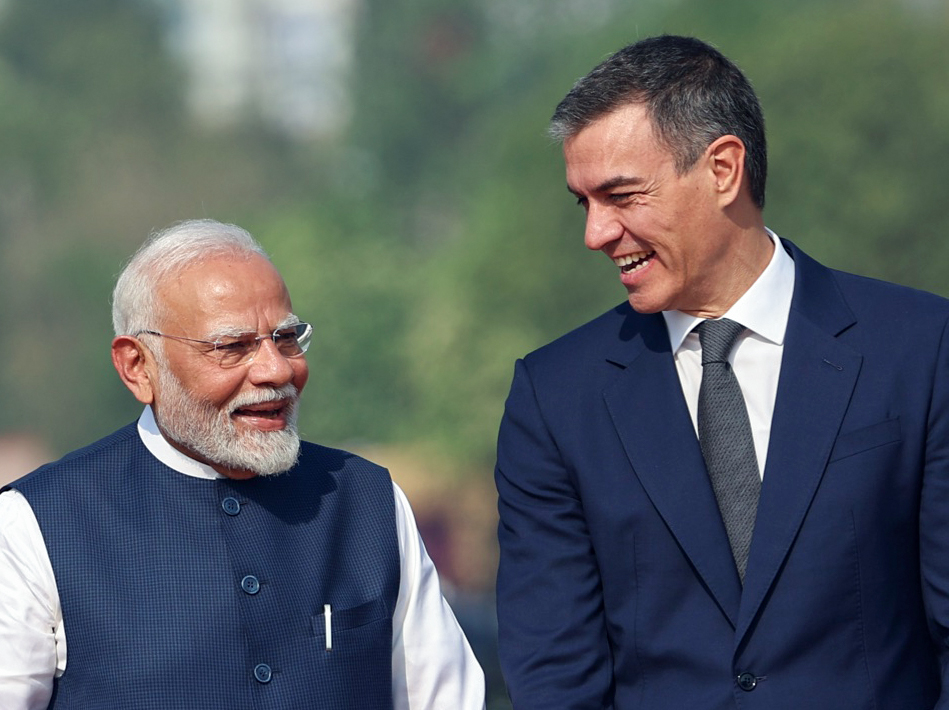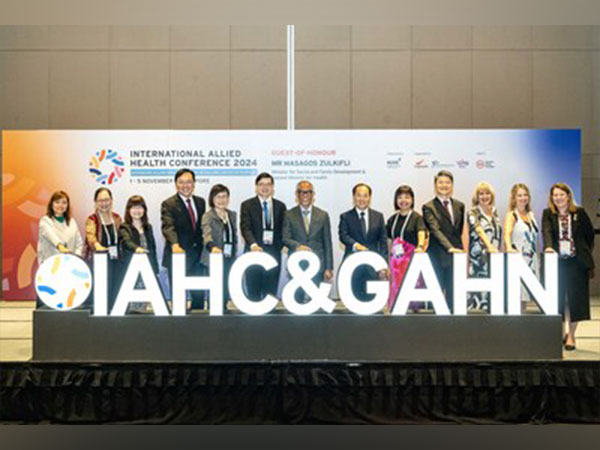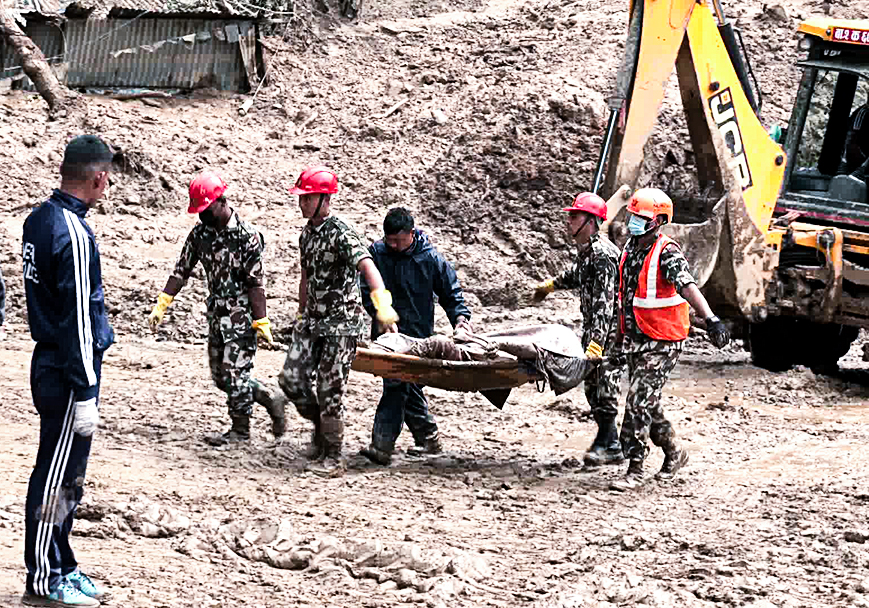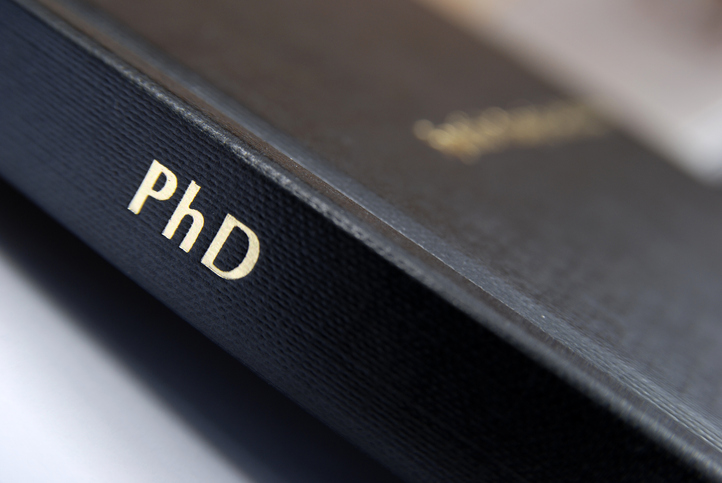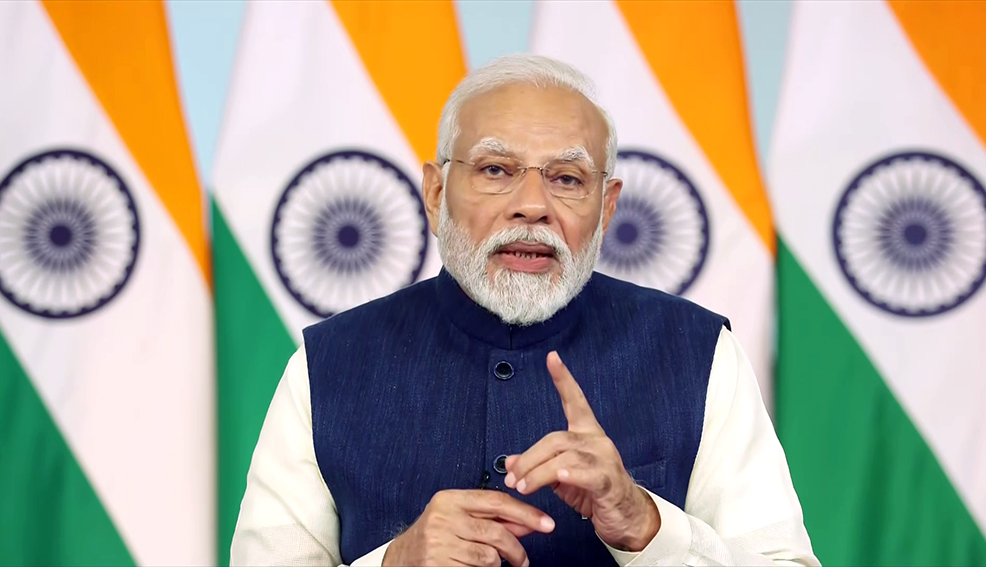Prime Minister Narendra Modi met Spanish Prime Minister Pedro Sanchez on Monday in the Durbar Hall of the historic Laxmi Vilas Palace in Vadodara, following the inauguration of the Tata-Airbus C-295 aircraft assembly facility.
The two leaders shared a lunch at the palace, constructed in the late 19th century by Maharaja Sayajirao Gaekwad III, the former ruler of Baroda.
During their bilateral meeting, PM Modi extended a warm welcome to his Spanish counterpart, saying, “This is your first visit to India. We missed your presence at the G20 Summit in New Delhi last year. I am delighted to welcome you to India during the festival of Deepawali in the same Vadodara where I first became a Member of Parliament and later assumed the role of Prime Minister.”
He added, “Gujarat is known as the land of festivals and celebrations. Diwali symbolises light, joy, enthusiasm, energy, and new beginnings. Likewise, your visit has brought renewed energy and enthusiasm to our relationship.”
PM Modi also highlighted the recent opening of a new Indian consulate in Barcelona, emphasizing the dynamic and multifaceted nature of the partnership.
“Our partnership is rooted in centuries of shared values, such as democracy and the rule of law. We enjoy robust cooperation in various sectors, including the economy, defense, pharmaceuticals, IT, and science and technology. Both our nations are committed to global peace, prosperity, and cooperation. People-to-people connections lay a strong foundation for our relationship. Indian youth are actively contributing to Spain’s green and digital transition goals. In recognition of the growing ties, India has established a new consulate in Barcelona, and we welcome your decision to open a new Spanish consulate in Bengaluru. I am confident that our discussions today will further enhance the dynamism and multifaceted nature of our partnership.”
During the inauguration of the Tata-Airbus aircraft assembly facility in Vadodara, Sanchez emphasized the cultural and industrial bonds between India and Spain, recalling the legendary collaboration between Spanish guitarist Paco de Lucia and Indian musician Ravi Shankar in the late 1960s.
Sanchez said, “In the late 1960s, the talented Paco de Lucia and the great Ravi Shankar brought our two countries closer through music. Their fusion of flamenco and Indian classical music, blending the Spanish guitar with the spirituality of the sitar, unknowingly built a bridge between our cultures, paving the way for future collaborations like this one. This plant will symbolize industrial excellence, serve as an engine of growth, and stand as a testament to our deepening friendship.”
Sanchez praised the partnership between Tata and Airbus, calling it a significant advancement for India’s aerospace sector.
“Prime Minister Modi, this is your vision to transform India into an industrial powerhouse. The collaboration between Airbus and Tata will greatly advance the Indian aerospace sector and pave the way for more European companies to enter the market.”
Sanchez emphasized the synergy between Indian and Spanish companies, calling Tata “a giant among giants” and the finest representative of India’s industrial prowess.
“Airbus is opening a new chapter by partnering with India’s defense and space industry. This project not only strengthens our industrial ties but also underscores our nations’ commitment as reliable partners. It showcases the capabilities of the Spanish defense industry, which is renowned for its world-class expertise and respected international reputation,” Sanchez said.
Looking to the future, Sanchez expressed confidence in the growth potential for Indian companies, asserting, “If Indian companies seek to expand, they can trust Spain. By 2026, this plant in Vadodara will produce the first C295 manufactured in India. This aircraft not only symbolizes the Spanish and European aeronautical industry but also modernizes India’s defense capabilities and fosters technological development in Gujarat, India’s leading manufacturing hub. This project will create thousands of direct and indirect jobs and train a new generation of highly skilled engineers and technicians. I come from a country where 99% of businesses are small and medium enterprises, which play a crucial role in promoting social and territorial cohesion.”
(ANI)









